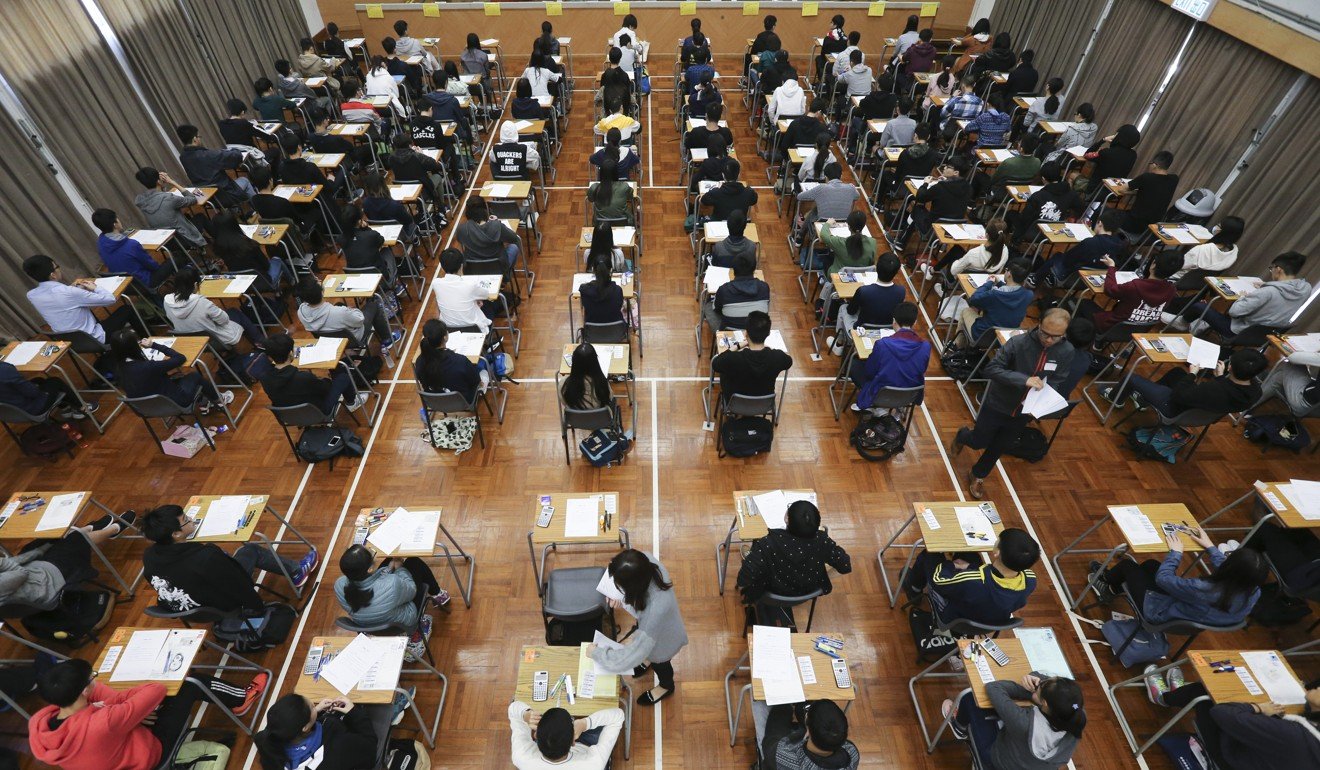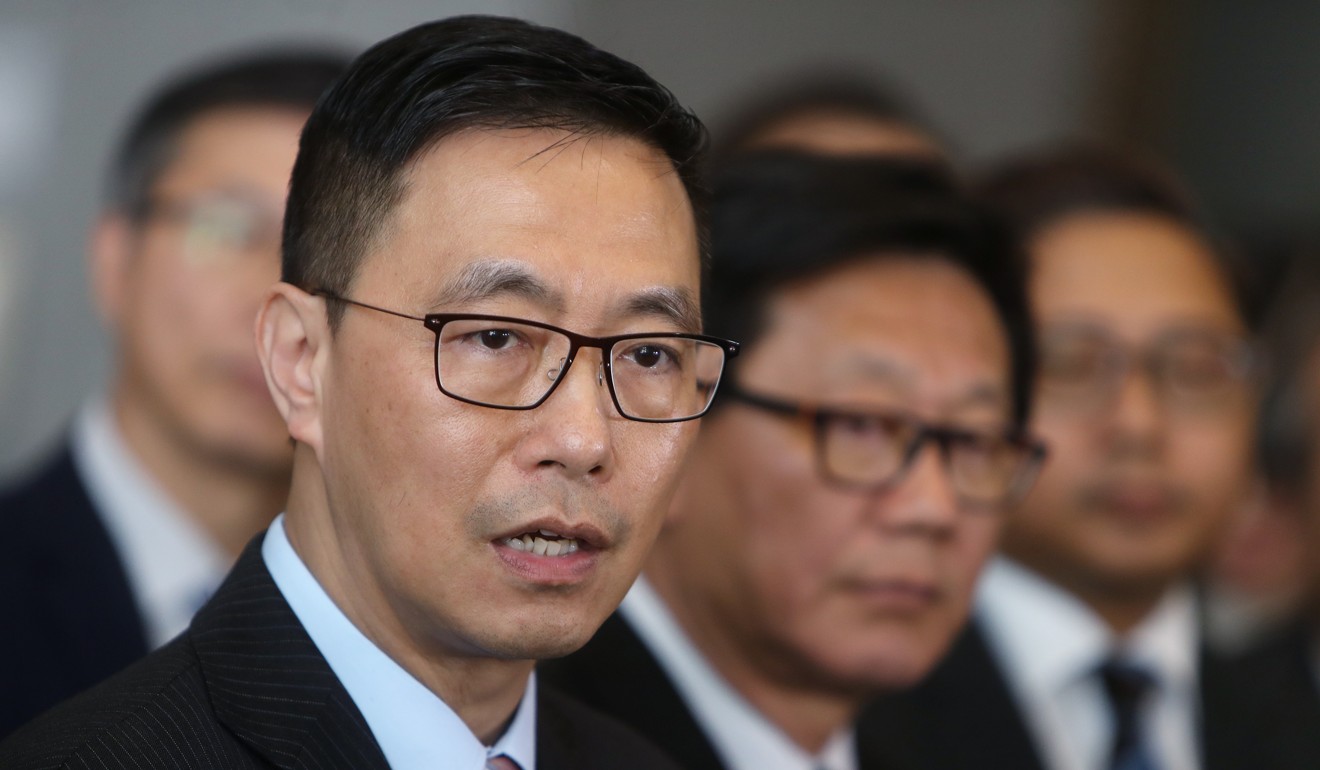
TSA fears blow up again with 40 per cent of Hong Kong Primary Three pupils now set to sit contentious test
Just last month Secretary for Education Kevin Yeung Yun-hung said only 10 per cent of the children would need to take the Territory-wide System Assessment
Four times as many children in Hong Kong as had been expected will have to sit a controversial assessment, with lawmakers warning that the pupils could be put under undue pressure.
It was revealed on Friday that nearly 40 per cent of Primary Three pupils would have to sit the Territory-wide System Assessment (TSA) this year although Secretary for Education Kevin Yeung Yun-hung announced just last month that the number would be 10 per cent.
The TSA, which gauges English, Chinese and maths ability, is associated with teachers drilling pupils amid a widespread belief that the Education Bureau uses the data to rank schools – a claim officials deny. About 20,000 pupils would need to take the assessment.

Under a revised plan unveiled last month, the test would mainly be held this year using a random sampling method to select 10 per cent of pupils from each of the 500 public and subsidised primary schools around the city.
Names of pupils and schools would not be recorded, and reports would not be provided to whose schools where only 10 per cent sat the test. However, a school would be able to obtain internal reports on its pupils’ performance if all their Primary Three children took the test.
Why calls to scrap TSA or BCA are short-sighted
At the Legislative Council’s education panel meeting on Friday, lawmakers expressed worries after the Examinations and Assessment Authority’s secretary general Dr So Kwok-sang revealed that about 180 schools said all their Primary Three pupils would take the test. That included about 30 public schools.
“Is this tantamount to changing the [more relaxed] version of the TSA to its original form?” New People’s Party chairwoman Regina Ip Lau Suk-yee asked.
Education sector lawmaker Ip Kin-yuen questioned whether the bureau listened to teachers who had reservations about the test.

But Yeung said a higher participation rate did not mean that children would suffer.
“The schools are not allowed to publicise their results in the TSA,” he said.
Yeung also said the bureau would monitor whether schools were drilling their pupils in the run-up to the tests in May and June.
Lawmaker Eddie Chu Hoi-dick estimated that with all Primary Three pupils at 180 schools taking the TSA about 20,000 children would be affected.
Speaking separately, Annie Cheung Yim-shuen, a spokeswoman for concern group Parents United, said she did not believe that the bureau could stop schools from drilling their pupils.
“It also promised to monitor the schools in the past … When the schools are receiving reports to show how are they doing compared with other schools, pupils will be drilled,” she said.
Separately, lawmakers at the meeting also criticised the government for tightening the rules on who qualified for free entry to the Diploma of Secondary Education (DSE) examination next year.
BCA review panel yet to reach agreement on contentious exam
Lawmakers across the political spectrum on Friday condemned the administration’s U-turn, saying that the move meant private candidates – mainly teenagers retaking the exam in the hope of getting better grades for university admission – were left out.
DSE fee waiver plan can be ‘adjusted’
“I think free entry should be granted to everyone, especially private candidates because they are the most hardworking ones,” said pro-establishment lawmaker Starry Lee Wai-king.
But Undersecretary for Education Christine Choi Yuk-lin reiterated the bureau wanted to address concerns that people would abuse the system.


